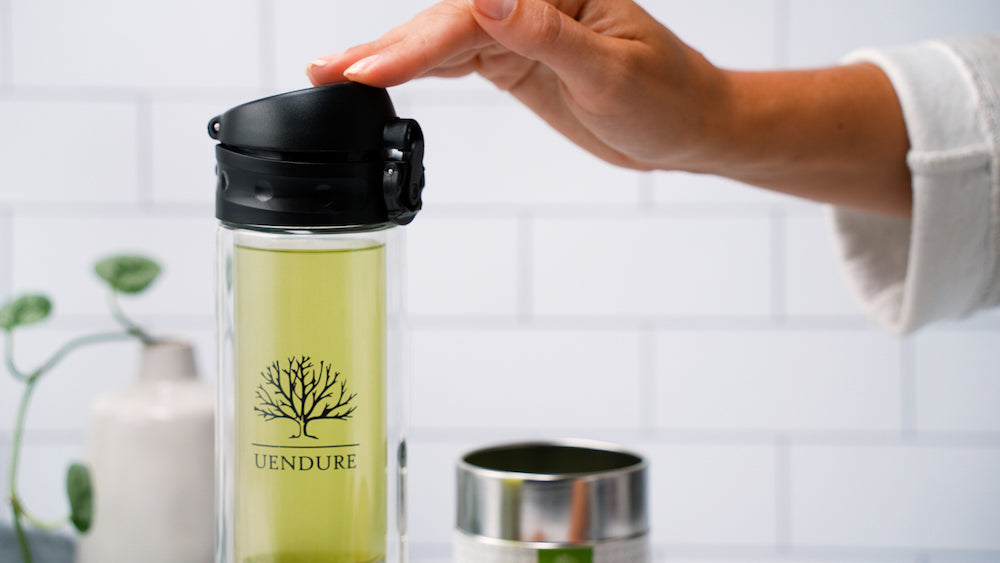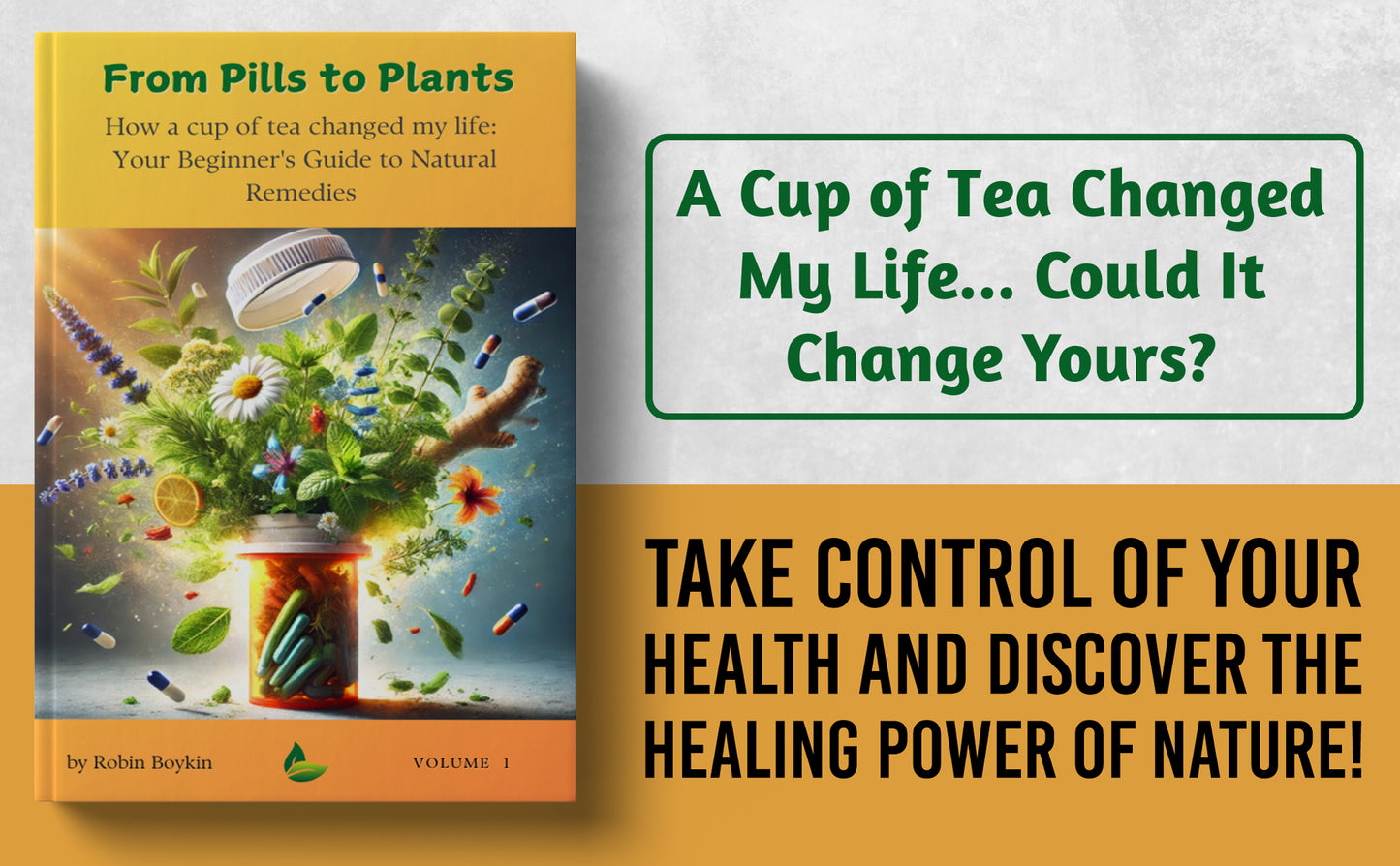Save 15% when you buy the Original Bottle Bundle!

Depression is very misunderstood.
Many people think of it as simply being sad, and with good intentions will tell the sufferer to “just think of all the good things in life” not realizing there is a lot more to this mind-set than a simple attitude adjustment.
This advice actually tells the depressed person to do the impossible, and you would not be able to comprehend if you have not had first-hand experience with this sometimes debilitating condition.
There is scientific evidence that must not be ignored nor taken lightly when it comes to clinical depression.
We must understand that depression is a medical condition and not simply a bad mood.
At the end of this article, we have listed several resources to help you or someone you know get through these trying times.
One of the most terrible and life-crushing aspects of clinical depression is the way that it interferes with the ability to make good decisions such as taking anti-depression medications.
This is a difficult aspect of the disorder for many people to understand. It involves a bundle of neurons in the brain that are involved in the Reward System.
This section of the brain controls the ability to learn from good and bad experiences.
Depression is thought to interfere with this function so that the depressed person cannot appreciate how behaviors will result in positive rewards.
2013 Study
The root of this problem is called anhedonia. It is the inability to experience pleasure, and it was linked to a dysfunctional Reward System in 2008.
The 2013 study focused on the ability of green tea to help the brain restore the Reward System and cure anhedonia. It was a rigorous, double-blind, randomized placebo-controlled study published by the American Botanical Council.
The study participants drank either green tea or a placebo 3 times a day for 5 weeks before playing a game that promised a small financial reward in the future.
Participants who drank green tea “exhibited significantly increased reward learning” in comparison to the placebo group. The study’s authors hypothesized that a repaired Reward System could cure anhedonia and depression.
Brain Chemistry
Other research has shown that the polyphenols in green tea interact with the production and distribution of dopamine in the brain. A shortage of dopamine has been linked to depression as well as Alzheimer’s and Parkinson’s.
The University of Maryland Medical Center has identified 6 polyphenols in green tea, and other studies have concluded that it is specifically these compounds that impact brain chemistry.
However, this does not seem to be the total story of how green tea impacts the brain. Green tea also contains the amino acid L-theanine, which directly stimulates the production of alpha waves in the brain.
There is something else to be learned about the interplay of polyphenols and amino acids, however, since L-theanine has been shown to block the production of dopamine in the brain.
Clearly, neither the chemistry of the brain nor the mechanics of how green tea improves depression are fully understood.
Green Tea, Not Extracts
This highlights the importance of drinking high quality green tea, and not taking Green Tea Extracts (GTE) as a dietary supplement.
Isolating one of the components found in green tea may be a useful approach to learning about that compound in clinical studies, but the full benefits are only found in actual green tea and not in supplements or extracts.
It is also important to note that the 2013 study cited above had the participants drink green tea rather than taking a GTE.
An extensive USDA study of these compounds in different foods is remarkably detailed and takes some time to sort through.
The study found that only high quality Japanese green tea contains the compounds in meaningful quantities.
It also found a large difference between fresh brewed and ready-to-drink green tea beverages.
We hope this explains why as proponents of a healthy lifestyle, we tout the health benefits of green tea and matcha, and why we offer only selected products.
We encourage you to take control of your mental and emotional well-being today by contacting someone who can help you work through these difficult times. You do not have to suffer in silence.
If you are also dealing with substance abuse issues, there are recovery resources available for you as well.
Need help? Here are some resources for you to consider:
https://startyourrecovery.org/
https://www.crisistextline.org/
https://suicidepreventionlifeline.org/talk-to-someone-now/
https://www.opencounseling.com/hotlines-us



Wonderful information! Another great resource https://loveshiddenpolicy.com/marriage-counseling-hollywood-florida/
From time to time, we need someone to talk to. Someone who will listen to us without judgement. https://www.kcrelationshipinstitute.com can help! Whether it be on relationships, personal problems or frustrations.